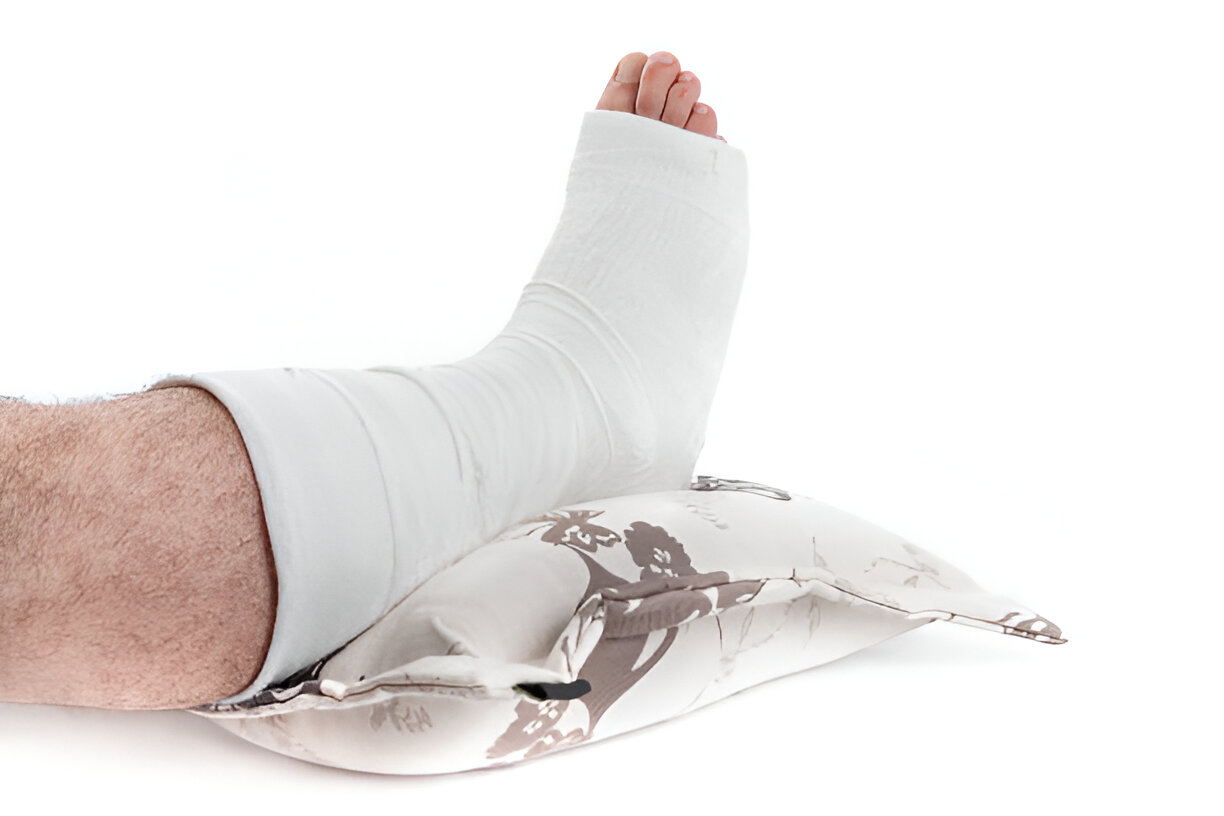Experiencing a personal injury can be a daunting and confusing time. Understanding your rights and the steps to take is essential for ensuring you receive the compensation you deserve. This guide provides critical knowledge to help you navigate the complexities of personal injury claims and defend your rights effectively.
Identifying Personal Injury Scenarios
Personal injury law encompasses various situations where an individual suffers harm due to another party’s negligence or wrongful actions. Common scenarios include car accidents, slip and falls, workplace injuries, medical malpractice, and defective products.
Recognizing whether your situation qualifies as a personal injury case is the first step in asserting your rights.
Taking Prompt Action After an Injury
What you do immediately after sustaining an injury can significantly influence your claim. Seek medical attention right away, even if your injuries appear minor. This ensures that you receive appropriate care and establishes a medical record linking your injuries to the incident.
Additionally, documenting the scene of the injury—through photographs, witness statements, and police reports—can provide crucial evidence for your case.
Gathering Essential Documentation
Comprehensive documentation is vital for building a strong personal injury claim. Keep meticulous records of all medical treatments, expenses, and any impact the injury has had on your daily life. This includes receipts for medical bills, records of lost wages, and notes on how the injury has affected your physical and emotional well-being.
This evidence will support your claim and help demonstrate the extent of your damages.
Understanding Insurance Company Practices
Insurance companies often aim to minimize their payouts on claims. Be cautious when dealing with insurance adjusters, as they may attempt to gather information that could undermine your case. It’s advisable to consult with an attorney before making any statements or accepting settlement offers.
An experienced lawyer can help you navigate these interactions and ensure that your rights are protected throughout the process.
Compensation Types You May Be Entitled To
In personal injury cases, compensation typically falls into two main categories: economic and non-economic damages. Economic damages cover tangible losses such as medical expenses, lost wages, and property damage. Non-economic damages account for intangible losses like pain and suffering, emotional distress, and loss of enjoyment of life.
Understanding these categories will help you assess the full scope of what you may be entitled to receive.
Proving Negligence in Your Case
Establishing negligence is often central to personal injury claims. You must demonstrate that the other party owed you a duty of care, breached that duty, and that this breach directly caused your injuries. Gathering evidence such as witness statements, expert opinions, and accident reports will be essential in proving negligence in your case.
Navigating Comparative Fault Rules
In many jurisdictions, comparative fault laws determine how compensation is allocated when multiple parties share responsibility for an accident. If you are found partially at fault for the incident, your compensation may be reduced based on your percentage of fault.
Understanding how these laws apply in your jurisdiction is crucial for managing expectations regarding potential recovery.
Following Through with Medical Treatment
Consistently following through with recommended medical treatment is crucial not only for your health but also for supporting your legal claim. Gaps in treatment or failure to adhere to medical advice can be used by opposing parties to argue that your injuries are less severe or that you contributed to their worsening condition.
Make sure to attend all appointments and follow any prescribed treatment plans.
Exploring Settlement Options
Most personal injury cases are resolved through settlements rather than going to trial. Engaging in negotiation can lead to a quicker resolution and guaranteed compensation without the uncertainty of a trial. However, it’s essential to evaluate any settlement offers carefully to ensure they adequately cover all current and future expenses related to your injuries.
Recognizing When Legal Help Is Necessary
While minor injuries may not require legal assistance, complex cases or those involving significant injuries often benefit from professional representation. An experienced personal injury attorney provides valuable insights into the legal process and handles communications with insurance companies. On your behalf, they gather necessary evidence and advocate effectively throughout the claims process.
Conclusion
By arming yourself with this critical knowledge about navigating personal injury claims, you’ll be better prepared to defend your rights and pursue fair compensation. Each case is unique; therefore, seeking personalized legal advice is often the best way to ensure that your interests are fully protected during this challenging time.
Stay informed, document thoroughly, and don’t hesitate to seek professional help when needed as you navigate the complexities of personal injury law.



